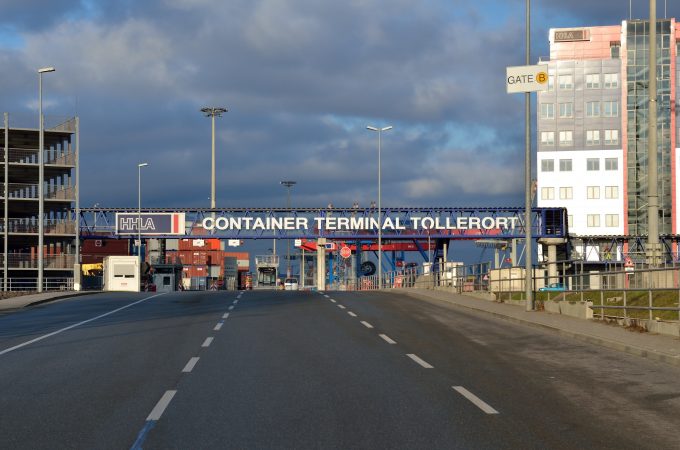RTR EXCLUSIVE: China-backed militia secures control of new rare earth mines in Myanmar
REUTERS reports: A Chinese-backed militia is protecting new rare earth mines in eastern Myanmar, according to ...

Wrapping up a year of political back and forth, Cosco Shipping Ports has finally purchased a minority stake of just 24.99% in HHLA’s new Container Terminal Tollerort (CTT) in Hamburg.
Cosco had initially sought a 35% share in CTT and, although HHLA was happy, ...

Comment on this article